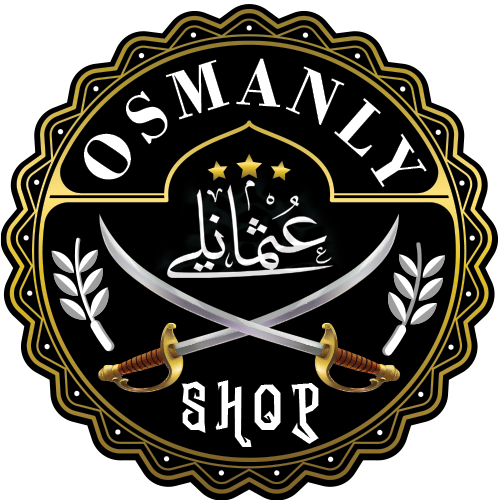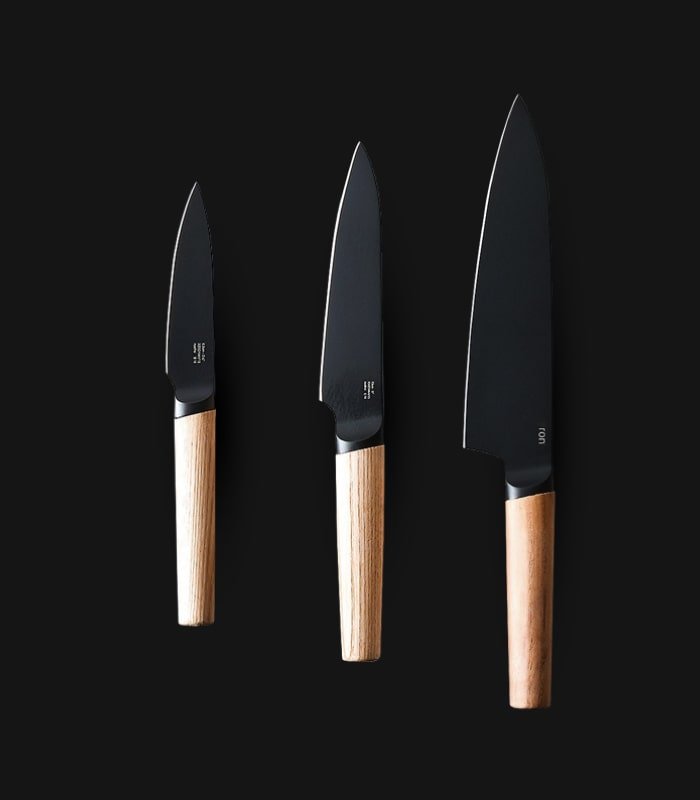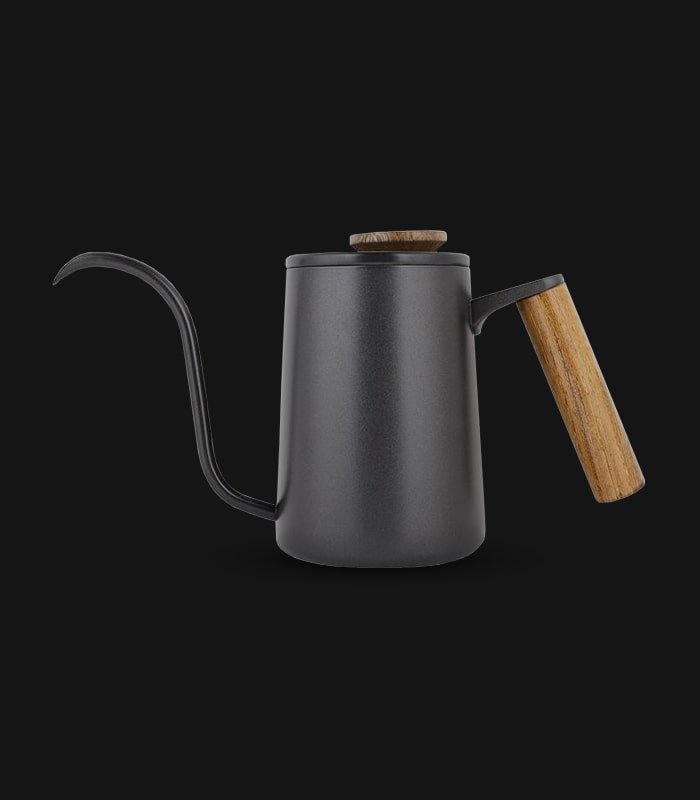Introduction to Turkish Products
Turkey, renowned for its rich history and strategic geographic position, has long been a nexus of cultural and trade exchanges. This unique placement has profoundly influenced the diversity of Turkish products, making the nation a treasure trove of quality and variety. With a rich legacy rooted in centuries of tradition and craftsmanship, Turkey offers a wide array of products that span numerous categories, including textiles, ceramics, culinary delights, and handicrafts.
Turkish textiles are particularly celebrated for their intricate designs and exceptional quality. From the lush Turkish carpets and kilims to luxurious fabrics and fashion garments, the textile industry reflects Turkey’s deep-seated heritage and artisanal skill. Each piece often tells a story, embodying the techniques passed down through generations, combining both aesthetic beauty and practical functionality.
Ceramics from Turkey are equally revered, with Iznik tiles and pottery being prime examples of the nation’s artistic excellence. Characterized by their vibrant colors and intricate patterns, Turkish ceramics are more than just decorative items; they are an embodiment of cultural expression. These handcrafted beauties are a testament to the meticulous craftsmanship that defines much of the country’s artisanal production.
The culinary landscape of Turkey is another reflection of its rich cultural tapestry. Turkish delight, olive oils, spices, and teas are just a few examples of Turkey’s gastronomic offerings. Each food item is crafted with care and precision, often using recipes that have been refined over centuries. Products such as these not only tantalize the taste buds but also offer a glimpse into the nation’s culinary heritage.
In the realm of handicrafts, Turkish artisans excel in creating products that are both beautiful and functional. From intricate jewelry and glasswork to traditional musical instruments and leather goods, Turkish handicrafts stand as a symbol of artistic ingenuity and cultural pride. These handcrafted items often incorporate traditional motifs and techniques, ensuring that each piece is unique and reflective of Turkey’s rich heritage.
Turkey’s reputation for producing high-quality, handcrafted goods is well-earned and continues to attract admirers worldwide. Each Turkish product, whether it is an elegant piece of ceramics or a delectable food item, reflects the country’s legacy of skilled craftsmanship, tradition, and cultural diversity.
Popular Turkish Products and Their Unique Features
Turkish products are celebrated worldwide for their distinct characteristics and deep cultural significance. Among these, Turkish textiles hold a prominent place. Known for their exceptional quality, Turkish silk, cotton, and wool are highly sought after. Traditional techniques like kilim weaving, a method that dates back centuries, continue to thrive. Kilim rugs are famous for their vibrant colors and geometric patterns, each design often telling a story or symbolizing a specific cultural motif. These handcrafted items not only serve practical purposes but also offer a glimpse into the rich heritage of Turkey.
Renowned Turkish ceramics, particularly Iznik pottery, stand out for their intricate designs and historical importance. Originating from the town of Iznik, these ceramics are distinguished by their blue and white patterns, often depicting floral and geometric motifs. The craftsmanship involved in creating Iznik pottery reflects the meticulous skill and artistry passed down through generations. These ceramics are more than just functional items; they are cherished as pieces of art, embodying the historical and cultural essence of Turkey.
In the realm of food, Turkish delights are indispensable. Turkish delight, or “lokum,” offers a sweet, chewy treat typically flavored with rosewater, lemon, or pistachio. Baklava, another beloved delicacy, comprises layers of filo pastry filled with chopped nuts and sweetened with honey or syrup. These desserts are integral to Turkish hospitality and festive occasions. Turkish tea and coffee also hold a special place in Turkish culture. Traditional Turkish tea is brewed using a two-tiered pot and is often served in small, tulip-shaped glasses. Turkish coffee, known for its strong flavor and unique preparation method, involves finely ground coffee beans simmered in a special pot called a “cezve.” Both beverages are more than just drinks; they represent a ritual of social interaction and hospitality.
Emerging Turkish products are also gaining recognition as modern manufacturers skillfully blend tradition with innovation. Contemporary designers are reimagining traditional textiles and ceramics, infusing them with modern aesthetics while preserving their cultural roots. This fusion of old and new ensures that Turkish products remain relevant and cherished in the global market.


























